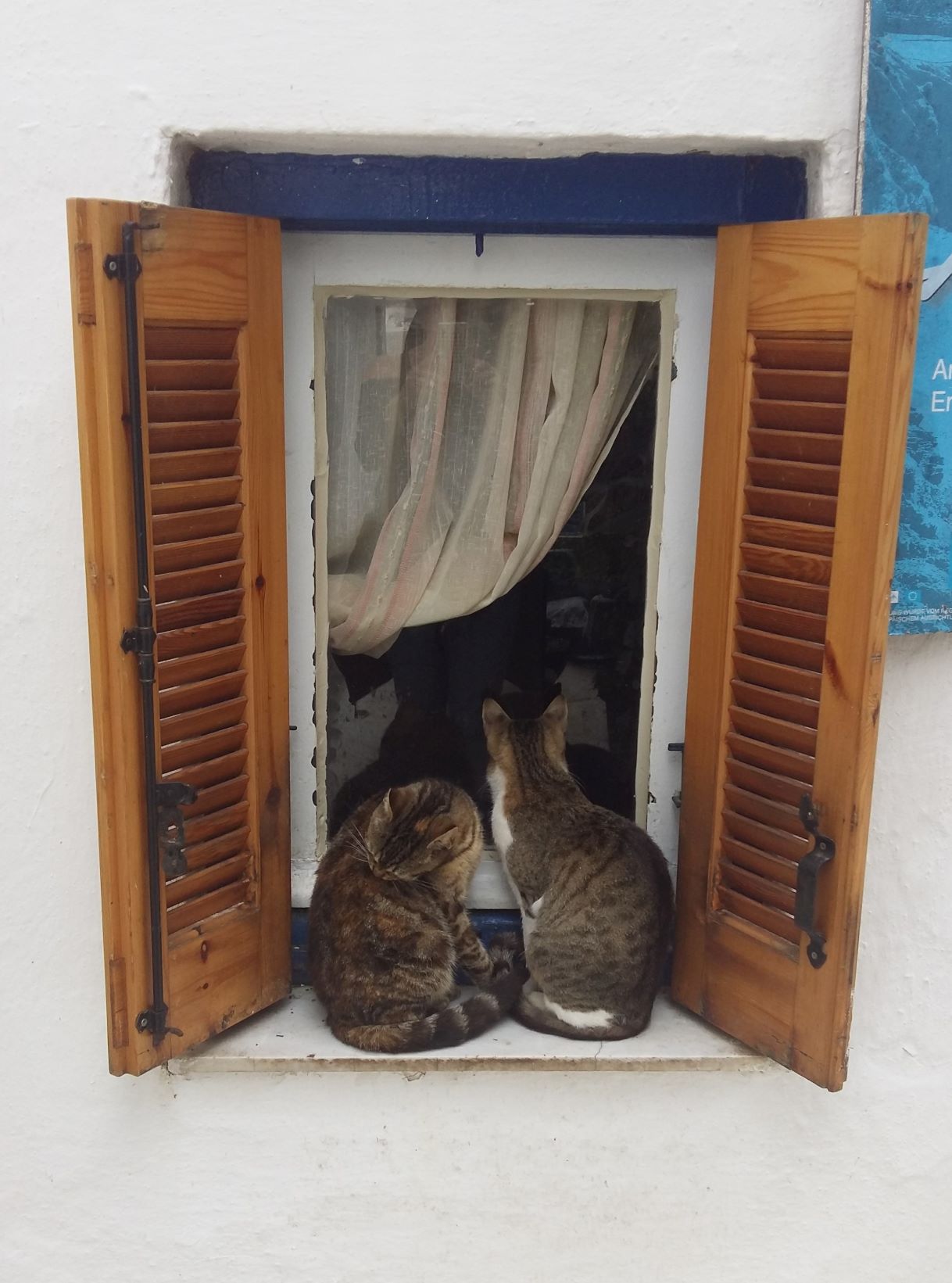Peer tutoring and peer evaluation activities increase the students’ engagement in the learning process. Student tutors require deeper knowledge and understanding of the task which may lead to better preparation for the classes, raising awareness, learning to share with others and performing additional out-of-class activities, e.g. reading, watching tutorials, etc.
Peer tutoring activities generate significant benefits for the students. They develop reasoning and critical thinking skills, improve self-esteem and interpersonal skills, motivate students to communicate by various means, not only face to face but also using latest ICT tools, so students’ digital competence may also increase.
Collaboration and teamwork are key competences for students. The syllabi academic teachers draw up for their legal English and business English courses always include the element of cooperation, group work, pair work as social competences that graduates require.
The project which I introduced into my legal English classes in spring semester 2019 was aimed at deeper engagement of students in the learning and teaching process. Students were delegated a number of peer tutoring tasks which were supposed to give them more responsibility, empower them to provide feedback and keep them accountable for the quality of the assignments carried out.
The activities which I introduced into my classes were modelled so that they developed the productive language skills of:
- writing/drafting (legal opinions, correspondence, blog posts, contract clauses paraphrases in plain English, translations), and
- speaking (presentations, job interviews).
An important element of each activity was the preparation stage during which students familiarized themselves with the rules, language, layouts and standards of modern writing/correspondence or presentations.
Before they made any attempts of writing legal opinions or paraphrasing contract clauses, they were introduced to plain language rules, they studied model answers, analysed layout, etc. Only then they were asked to write a document/text on their own. Peer tutoring involved in writing activities consisted in peer correction at the first stage before the assignment was handed in for the teacher’s grading. For writing tasks students were also familiarized with the correction code, so that they used the same code and the comments were understood by the authors of the texts evaluated.
In the case of presentations students studied the structure and the language of a presentation first and they were sent an evaluation sheet with checklist questions to know what their peer evaluators will be paying attention to while listening to and collecting feedback for the presenters. During presentations the audience was asked to make notes on the evaluation sheets under four headings: delivery, content/structure, body language, and visual aids. After each presentation audience commented on the strengths and weaknesses of the presentation and asked questions, they had been asked to prepare to rehearse a question and answer session after each presentation.
To help students prepare for job interviews a speed interviewing session was organized. Interviewers were given the grid to evaluate the interviewees and had five minutes to talk to each candidate after which time the interviewees moved to another interviewer.
As a follow up activity the interviewers group together to discuss their marks for each candidate and choose the student with the best score to get the job. The interviewees, on the other hand, may discuss the questions they had to answer, which were the most challenging, what surprised them, etc. or decide which interviewer was the most professional, asked the most interesting questions, etc. When the students announce their choices, they discuss the strengths and weaknesses of individual candidates and the teacher may also give the class some feedback.
During the semester the students also prepared their CVs. The CVs were supposed to be authentic but anonymized. I photocopied the CVs and distributed them among students who worked in groups and were asked to provide feedback on the strengths and weaknesses of the documents they got and choose the best one from the collection provided. On the basis of the peer feedback and the teacher’s feedback, students had an opportunity to polish their CVs and resubmit them.
At the end of the semester students filled in a short questionnaire in which they shared their opinion about peer tutoring activities performed during their classes. Most students (73%) admitted they improved their letter writing skills, job interviewing skills, presentation skills. The students felt the comments they received from their peers after the presentations were most useful (82%). More than a half of students (60%) found the feedback concerning their letters of advice useful, while in the case of CVs only less then one third of students (27%) valued the feed and most students (55%) were not sure whether the feedback they received helped. Eight students out of ten enjoyed taking the role of an evaluator and reported that they had improved their confidence. They also confessed that positive comments were easier to give and for most of them (78%) their peers assessment was important.
Quite interestingly, my students considered writing letters of advice as the most enjoyable of all tasks and speed interviewing as the least. The same order is reflected in the question about usefulness of the activities.
If you would like to see a detailed presentation of the results of my survey, please download the presentation.

